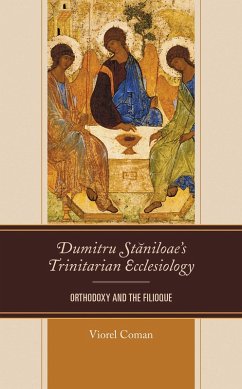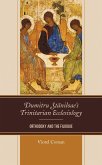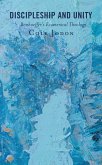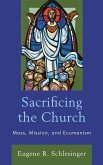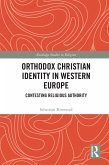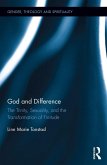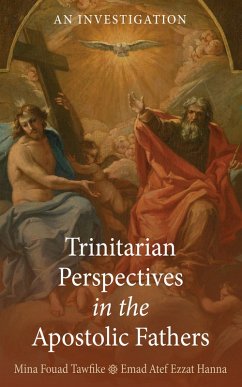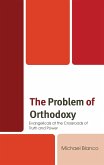Dumitru Staniloae is one of the most important but routinely neglected twentieth-century Orthodox theologians. Viorel Coman explores the ecumenical relevance of Staniloae's reflections on the interplay between the doctrine of the Trinity and the doctrine of the church in the context of the debates on the ecclesiological ramifications of the filioque. Coman combines a historical and theological analysis of Staniloae's approach to the filioque, Trinity, and church. The historical analysis shows the changes that have taken place over time in Staniloae's approach to the issue of the filioque and the doctrine of the church. The theological analysis emphasizes the ecumenical contribution of the Romanian thinker to the fields of Trinitarian theology and ecclesiology. Even though this book centers primarily around Staniloae's vision on the link between the doctrine of the Trinity and the Church, it places his theological reflections in a solid dialogue with other Eastern (Georges Florovsky, Vladimir Lossky, and John Zizioulas) and Western theologians (Karl Barth, Yves Congar, Karl Rahner, and Walter Kasper).
Bitte wählen Sie Ihr Anliegen aus.
Rechnungen
Retourenschein anfordern
Bestellstatus
Storno

